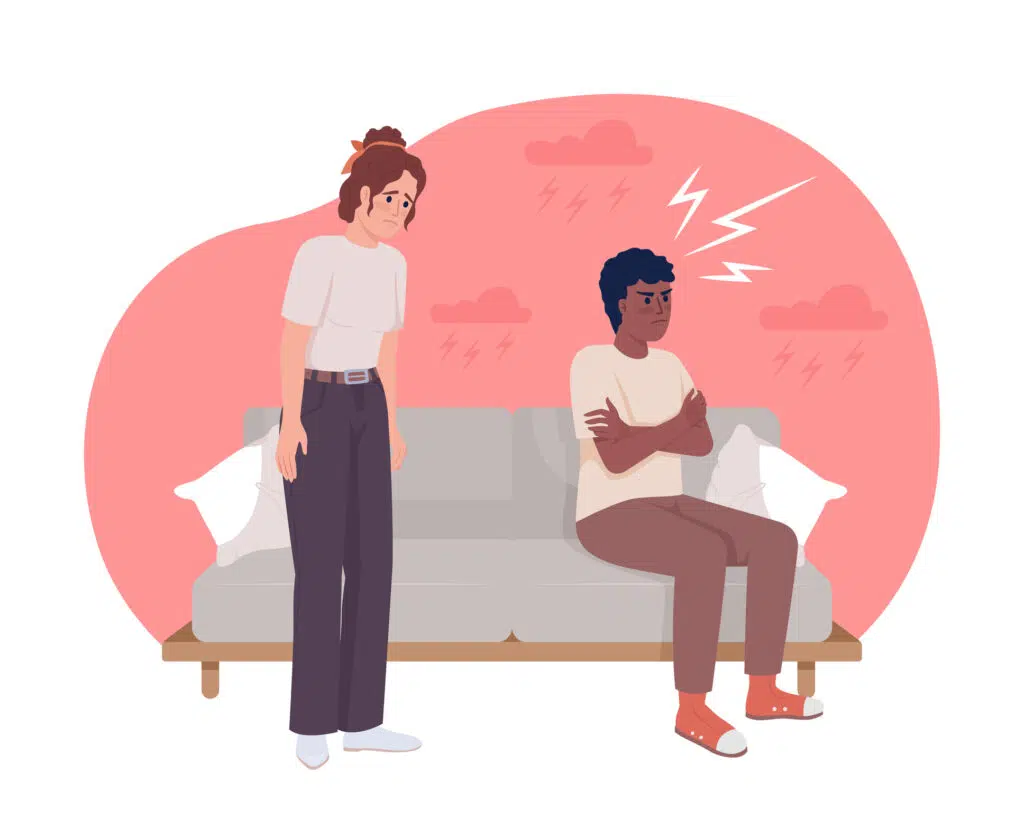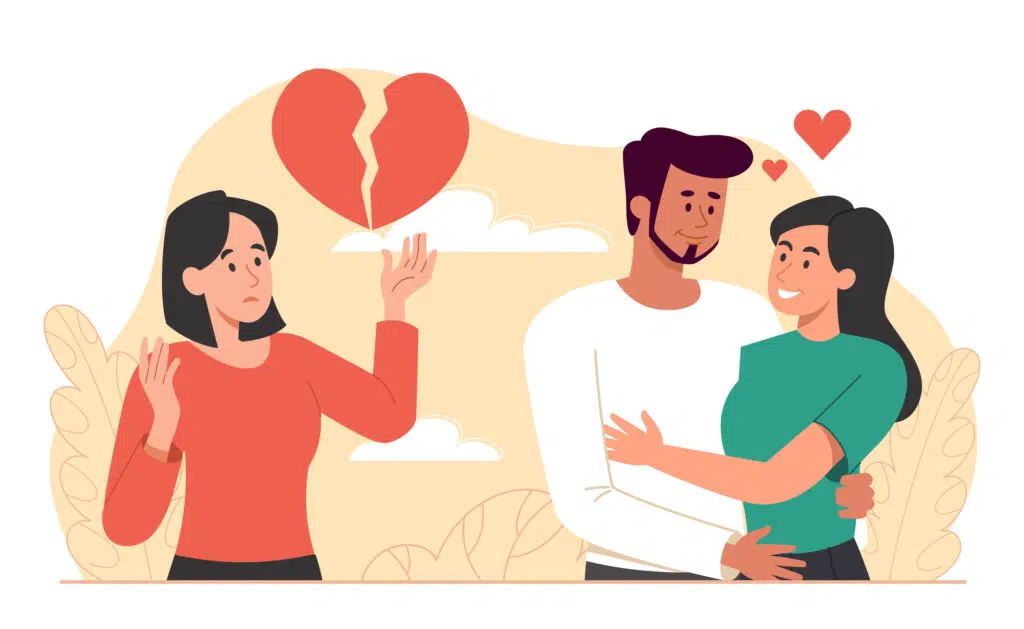When Adult ADHD Goes Undiagnosed and Untreated

While many children with ADHD are diagnosed and treated with medication and/or behavioral therapies, many adults have never benefited from diagnosis and treatment. If this applies to you, you might feel lost, misunderstood, and have poor self-esteem. It’s not your fault, and there is a path forward for adults with ADHD.
At Thriving Mind Psychology in Midtown Manhattan, New York, our team of experienced, compassionate mental health specialists can accurately diagnose adult ADHD and help tailor a treatment plan to help you live your best life.
Signs of adult ADHD
The symptoms of adult ADHD are not dissimilar from the symptoms of childhood ADHD, but how they manifest can be very different. It can be difficult to detect the symptoms of adult ADHD without the organization and surveillance of a classroom. Common symptoms of adult ADHD include:
Trouble concentrating
Lack of focus and hyperfocus are the two primary symptoms of ADHD. If you are an adult with ADHD, you might find it difficult to settle down and focus on your work or studies because you get distracted by other activities. When you do focus on something, you might forget the world around you and neglect other tasks and personal needs.
Daydreaming
People with ADHD frequently find themselves “zoning out” or daydreaming. It’s very common to construct intricate stories and inner worlds to daydream about. You might end up hyper-focusing on your fantasy life and lose track of time.
Disorganization
Adults with ADHD can seem lazy and forgetful to a fault. You might procrastinate over tasks as long as you can, even if it is detrimental to you. You may even be aware that you’re harming yourself, but can’t focus long enough to accomplish your work. If you frequently misplace things and tend to have cluttered workspaces, it could be ADHD causing your scatterbrained tendencies.
Emotional difficulties
People with ADHD are prone to rejection-sensitive dysphoria, which causes them to feel hurt and depressed by criticism or perceived “rejection.” If you notice that you can talk at length about your passions, but feel embarrassed and regretful if your conversational partner doesn’t show interest in what you’re saying, ADHD can make you feel unhappy and anxious about your relationship to that other person.
Hyperactive behavior
Where children with ADHD are often obviously “hyper,” adults with ADHD tend to internalize this hyperactivity. You may become restless, stay up late, suffer from boredom, and jump from task to task as your focus shifts. This hyperactive behavior and need for stimulation can lead you to take risks and act impulsively.
Complications of untreated adult ADHD
If you are suffering from untreated, undiagnosed ADHD, you have likely felt the effects of your condition for a long time. You may struggle to stay on top of your life, and have been labeled as “lazy” or “stupid” by other people.
Many adults with ADHD adopt these negative views of themselves over time, and believe that they are just inherently irresponsible. Adults with ADHD who grew up “gifted” or academically successful may also view themselves as failures who wasted their potential.
Untreated ADHD can affect every aspect of your life, from your mental health to your career and relationships. If you think you may have adult ADHD, you’re not alone — it’s estimated that 10 million adults in the U.S. have ADHD, the majority of whom are undiagnosed.
The best course of action is to seek diagnosis and treatment. You can call our office for an appointment at 917-725-2456 or request a consultation today using our convenient online scheduling system.

How to Move On After a Friendship Breakup
Friendship breakups can sting just as much as a romantic breakup. After all, you’re experiencing a loss of shared history and an understanding of each other that can leave you feeling lonely and isolated. Not all friendships are forever, but moving on from the loss of a friendship does take time and some self-compassion.

Signs You’re in a Toxic Relationship
A toxic relationship can chip away at your well-being and happiness. Toxic partners can be manipulative and charming, making it difficult to recognize the signs that you’re in a toxic relationship. You deserve to be in a supportive and healthy relationship.

10 Common Marriage Reconciliation Mistakes to Avoid After Infidelity
Infidelity can leave couples devastated. If you’ve been affected by infidelity and want to salvage your relationship, rebuild trust, or make a tough decision, keep reading for 10 common reconciliation mistakes to avoid after infidelity.

Survey: 72% of Americans are Stressing About the Upcoming Presidential Election
Political viewpoints in the U.S. have always been contentious, but is the impact of politics in the United States making it difficult for people to live their everyday lives? With some anticipating another brutal and long campaign season ahead of the upcoming 2024 presidential election, nearly half of Americans say politics is negatively impacting their mental health.




